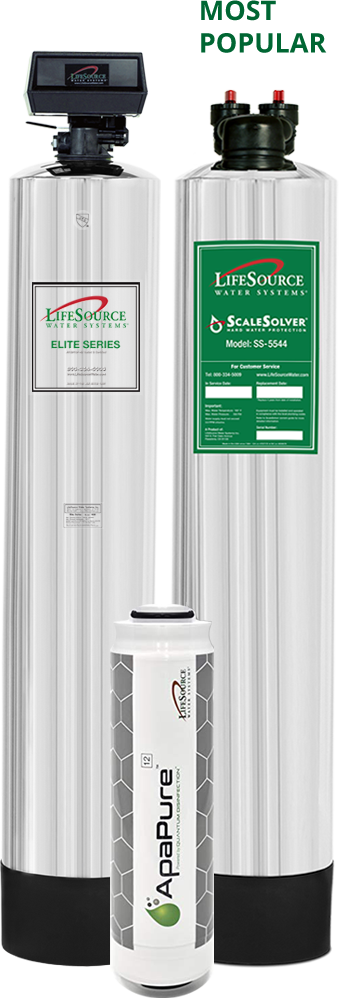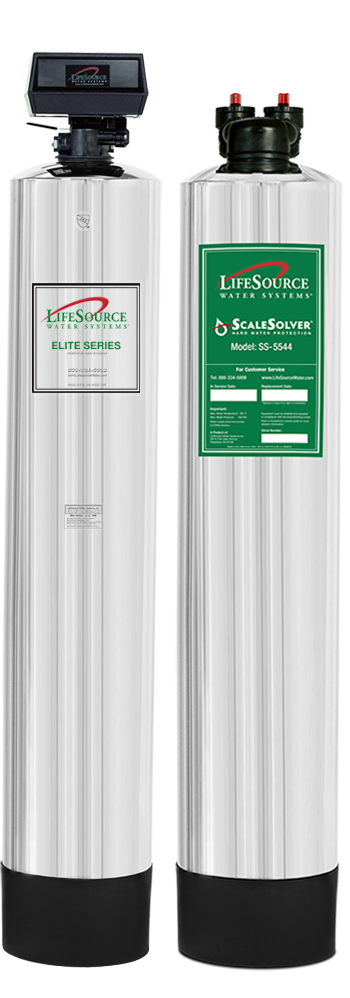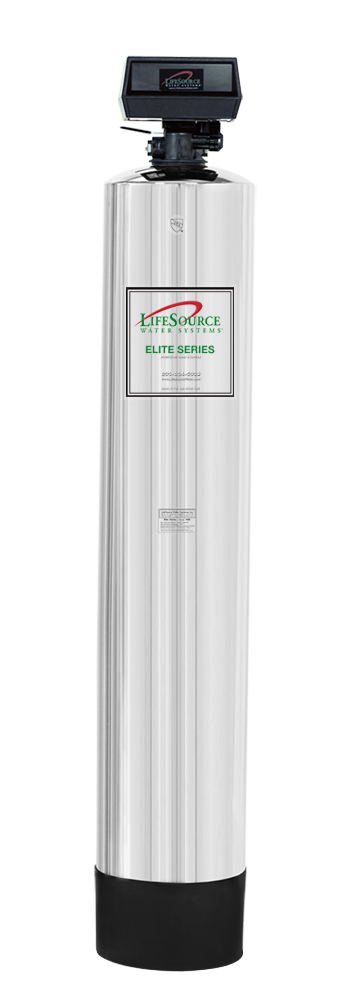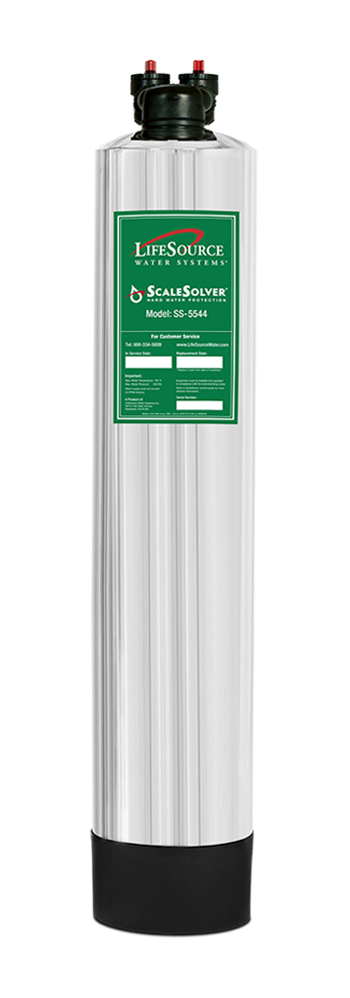Better Water for Your Home
Have you ever wanted better water throughout your entire home? Watch our quick video above.
Common Water Problems
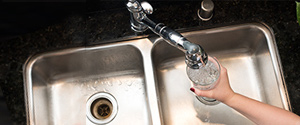
Millions of American households suffer from some kind of correctable water problem. Hard water alone is found in 85% of all American homes. Other common water problems include excess iron, hydrogen sulfide gas (rotten egg smell), acidity, and cloudy water.
Each of these problems can bring its own unpleasant effects into your home. Rusting and corroding pipes, clothing stains, bad tasting water, and higher water heating bills are just a few of the possible results. This can take money out of your pocket and affect the quality of your life.
How Water Gets Contaminated
Contamination by Industry
Chemicals that are dumped onto or pumped into the ground by industry can easily get into our water supply. There are an estimated 181,000 industrial waste sites, over 16,000 municipal landfills, and 100,000 ruptured underground gasoline storage tanks in the United States that leak contaminants into our water supplies. Agricultural pesticides and highway de-icing are just a couple of the many practices that can contaminate our water.
Contamination in the Distribution System
Water can become contaminated during its journey from treatment plant to home. Lead and asbestos-cement pipes, prevalent in municipal water distribution systems, can allow harmful substances to leach into the water. Even the chlorine used to disinfect our water can react with naturally-occurring organic materials in water, such as decaying leaves, and create Trihalomethanes (THMs), which are thought to be carcinogenic.
Contamination at Home
Water can become contaminated in your home. Some older homes have lead pipes or lead-based solder in the plumbing. Both can allow lead to leach into drinking water.
Cloudiness/Turbidity
This results from suspended particles of dirt in water that make water appear cloudy. These particles usually are in two categories: larger, visible pieces that can be easily filtered out; and minute, invisible particles that can make water hazy. These invisible particles require a better filter to remove them. In addition to affecting the look and taste of water, particles can build up and clog working parts of water using appliances, causing them to breakdown.
Hardness
Approximately 85% of the country has hard water. Water becomes "hard" when it picks up calcium, magnesium and other minerals as it travels through certain types of rock and soil. These minerals can build up in appliances and pipes, restricting water flow. Hard water also leaves a sticky film on shower tiles and inhibits the lathering ability of soaps and detergents. Hardness usually does not adversely affect the taste of water.
Musty, Earthy and Fishy Tastes and Odors
These tastes and odors are caused by algae, molds and bacteria that naturally live in most water sources, such as lakes and rivers.
Off colors and staining
Water that is brownish in color is caused by both the tea-like extracts of dead leaves and by metals such as iron and copper. Unpleasant tasting and looking, this water also can stain sinks and laundry.
Rotten Egg Smell
This is caused by hydrogen sulfide in water, produced by bacteria in deep wells and in low-use stagnant water mains. It is also highly corrosive, so other problems may accompany the smell.
Rust and metallic tastes
Excessive iron and other metals in drinking water change the taste and appearance of water. Water can taste metallic even though it appears normal at first, turning "rusty" after a few minutes contact with air.
"Swimming Pool" taste
Chlorine, commonly used by municipalities to disinfect the water supply, often causes poor tasting and smelling water. Chlorine taste and odor is by far the most common aesthetic complaint.

